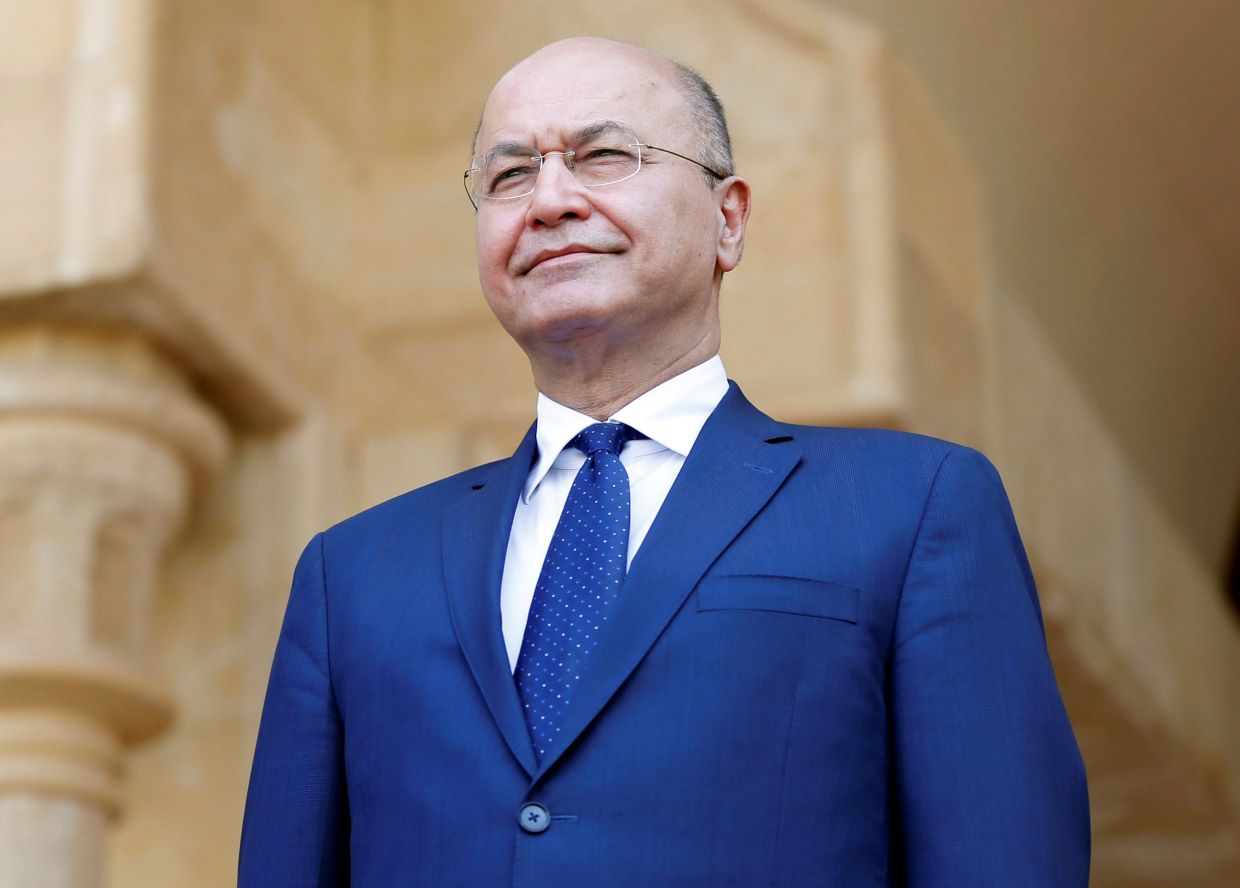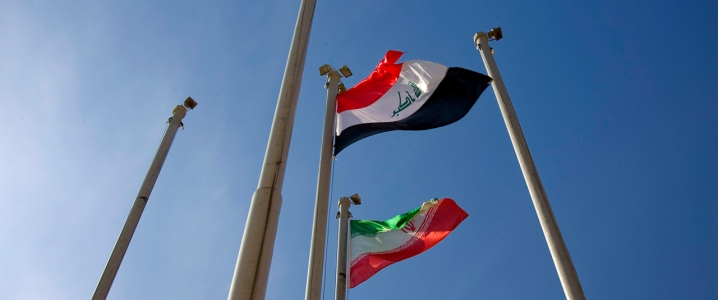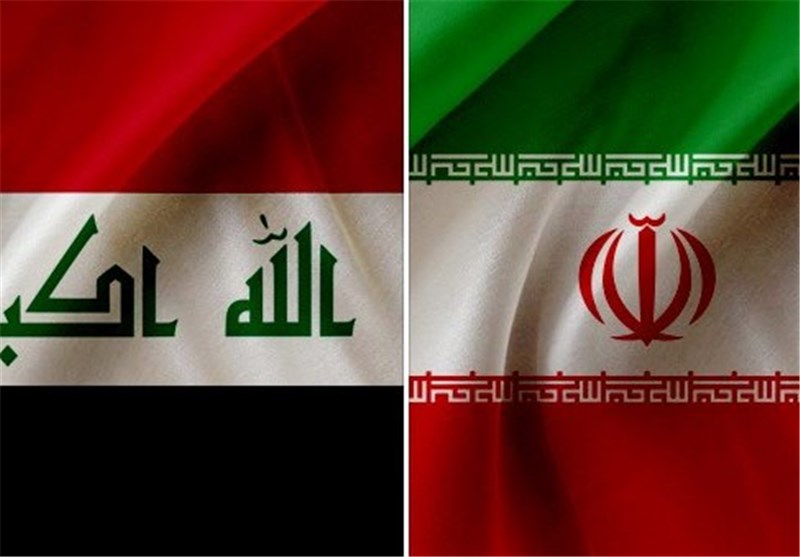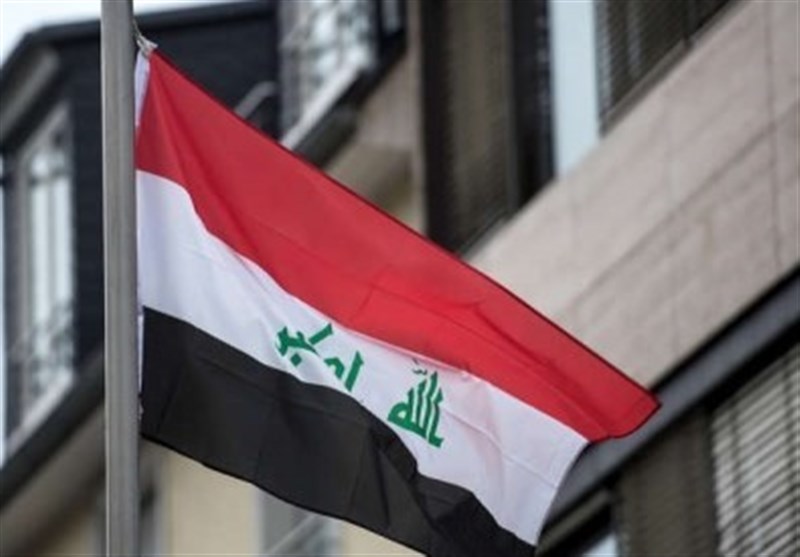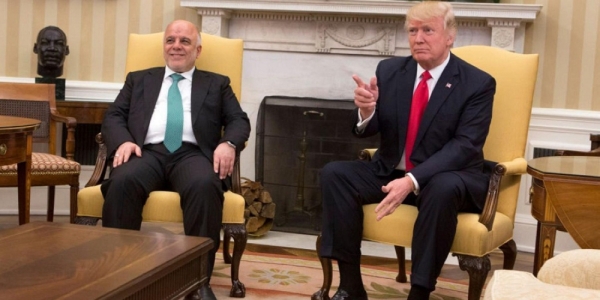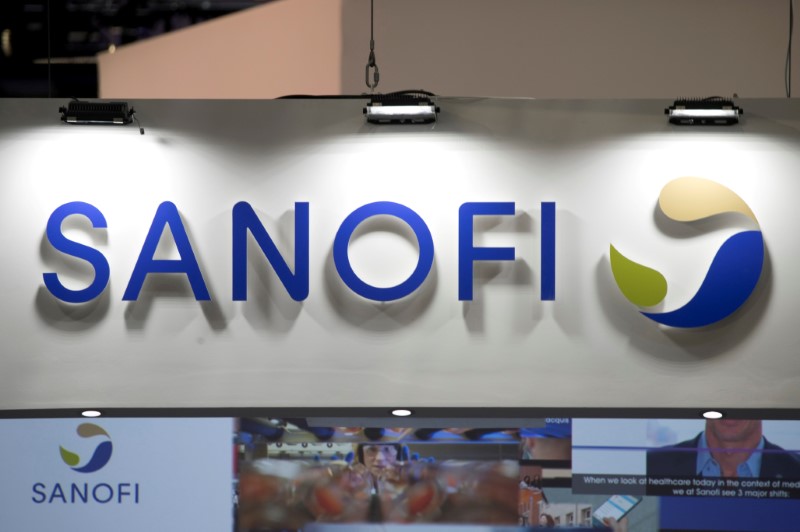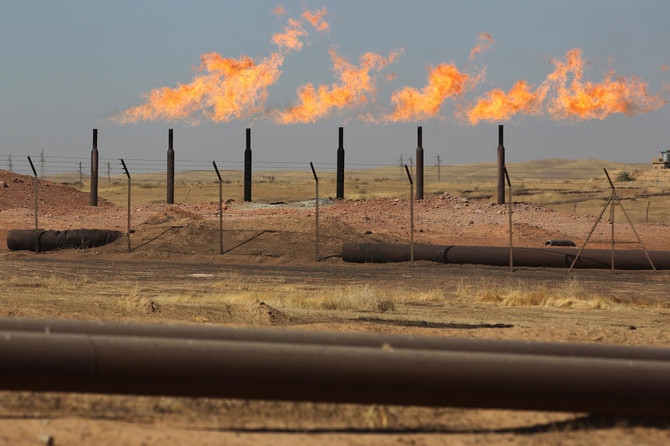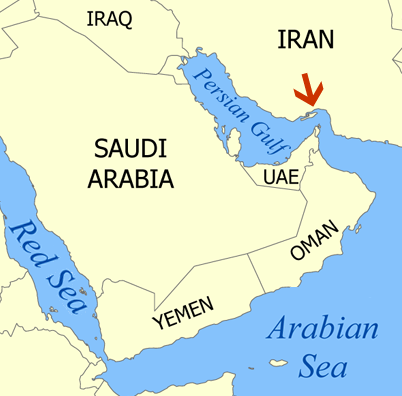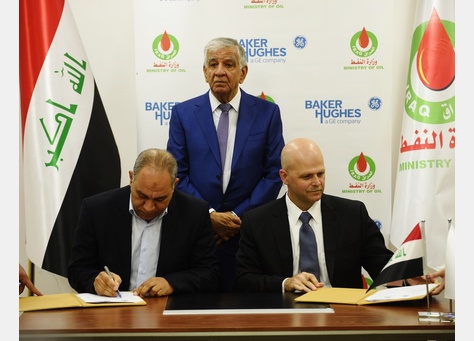By Youssef Ali.
Any opinions expressed are those of the authors, and do not necessarily reflect the views of Iraq Business News.
President Donald Trump’s decision to pull out of the nuclear deal and sign the executive order to reimpose sanctions on Iran has had a significant impact on the global oil markets.
This move poses a severe threat to the economies of major oil exporting countries including Iraq, the second largest oil exporter in OPEC after Saudi Arabia and the third in the world after Russia and Saudi Arabia by 4.4 million barrel per day. Many analysts are reflecting on the effects that this conflict has on the economy of Iraq, which heavily relies on oil.
The sanctions mainly target the Iranian energy sector, which supplies Iran with foreign exchange and at the same time represents about 40% of revenues of its budget. The goal of the sanctions is to prevent Iranian oil exports by imposing sanctions on its customers.
Eliminating Iranian oil supplies will cause unrest in the oil markets around the world because it will lead to price surges, hence substantial economic losses on importing countries, which are already fearing a potential recession. That is why the U.S. tried to convince some of OPEC’s members to increase their supplies contrary to the recent deal amongst OPEC and non-OPEC countries to decrease production, and that in order to compensate Iranian supplies and prevent the disruption of the oil market to prevent damage to the global economy.
This move led to massive disputes between the major suppliers and pushed Iran to threat blocking oil exports from the Middle East altogether if it was to be prevented from exporting its own oil to the international market. If Iran follows through with its threat, it would mean massive losses for the Gulf countries, including Iraq whose economy is primarily depended on oil exports.
That said, completely stopping Iranian oil exports would be practically unlikely for the following reasons:
The nature of oil markets which is volatile and is based on trust. If the OPEC members in the Gulf Region, especially Saudi Arabia and UAE decided to replace the sanctioned Iranian oil supplies, the possibility alone that Iran would follow through its threat of closing the Strait of Hormuz would diminish the trust in that market. The supplies which pass through the strait would be considered as unstable, importers would start looking for alternate sources. This would destroy energy markets in the Middle East, meaning massive losses to the economies of all parties involved, including neutral states such as Iraq.
On a global basis, the mentioned encounter will damage the international economy that is fearing a potential recession, because this encounter, if it happens will cause a massive increase in global oil prices, leading to a domino effect that would create a hike in the prices of many goods and services.
This is why it is expected that while the sanctions will be implemented, all parties involved will allow for under-the-table arrangements in order to avoid such mutual destruction by allowing Iran to open an limited channel to export its oil, as it has happened in the past. Prior to signing the nuclear deal, UAE oil brokerage companies and banks played such a role before they were shut down after the recent pull out of the nuclear deal by the U.S. Allowing for such back-channels would mean that the sanctions will have their impact on the Iranian economy by disrupting the traditional oil export routs and limiting its revenue, yet allowing for a backdoor deal that will help the international community avoiding a conflict that could have grave impact on the global economy.
There is a role for Iraq to play in this crisis. The current policy of Iraq in regards to this conflict, in which it is trying to mediate between the parties involved is a wise policy. It is in the interest of nobody to escalate the situation in the Gulf region. On the other hand, Iraq could, given the circumstances, gain enormous benefits by performing the same role that UAE brokerage companies and banks were playing, which would be a win-win for everyone involved.
In other words, Iraq can empower its private sector to establish companies and banks that facilitate the financial transactions related to the Iranian oil export, which would add important revenues to the economy of Iraq and increase the financial movement in the country; at the same time it would ensure the interests of Iran and decrease the likelihood of an encounter in the Gulf, which would serve the Gulf Arabs well.
Iraq must exploit this opportunity, especially since the Europeans countries along with Russia and China have already expressed their willingness to play this role. This opportunity could also be a significant incentive for Iraq to improve its ailing banking system to be able to implement such operation.
However, this is not possible without negotiating with the U.S. on this issue in order to avoid being subject of the sanctions. The U.S. has in the past exempted Iraq from the sanctions for dealing with Iran, given its special circumstances. The U.S. also has expressed its readiness this time to allow some exceptions. This could be Iraq’s chance to negotiate an arrangement that serves everyone well, at least for the short-term.
On the long term however, Iraq has to find alternate routes to export its oil in order to avoid the increasingly unstable oil routes of the Arabian Gulf. Viable solutions could be the Iraq-Jordan pipeline that would start in Basra and end in Aqaba. Iraq needs to accelerate building this pipeline. Another option is the rehabilitation of the Iraq-Syria pipeline that begins from Kirkuk and ends in Banias, which, of course, would only be an option if the security in Syria improves.
Iraq is either the core, or constantly caught in the middle of many crisis that are shaking the Gulf region. These reoccurring crisis pose huge obstacles in front of rebuilding and investment. If Iraq wants to survive them, it needs to play a constructive role and aim for stability and profit for all parties involved.


